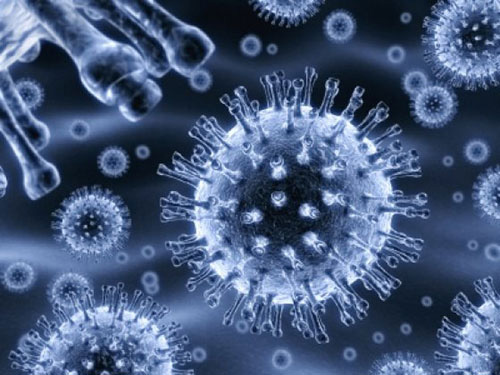
The National Institutes of Health has awarded approximately $30 million in annual funding over the next five years to six research collaborations working to advance basic medical science toward an HIV cure. The awards comprise the second iteration of the Martin Delaney Collaboratory: Towards an HIV-1 Cure program and are a part of President Barack Obama’s pledge to invest in HIV cure research. The research program is supported by the National Institute of Allergy and Infectious Diseases (NIAID), the National Institute on Drug Abuse, the National Institute of Mental Health, and the National Institute of Neurological Disorders and Stroke, all part of the NIH.
“A simple, safe and scalable cure for HIV would accelerate progress toward ending the HIV/AIDS pandemic.” —Anthony S. Fauci, M.D., Director, NIAID
“The two greatest challenges remaining in HIV/AIDS research are finding a cure and developing a safe and effective preventive vaccine. This year, NIAID has made significant investments toward both of these critical goals,” said NIAID Director Anthony S. Fauci, M.D.
“A simple, safe and scalable cure for HIV would accelerate progress toward ending the HIV/AIDS pandemic,” he added. “Through the leadership of talented investigators with a diversity of expertise, the Martin Delaney Collaboratory program will accelerate progress in this key research endeavor.” Research toward a cure also is an overarching priority for the NIH HIV/AIDS research program.
While advances in antiretroviral therapy (ART) have transformed HIV infection from a life-threatening disease to a manageable, chronic condition, a cure remains elusive. In 2010, NIAID established the Martin Delaney Collaboratory program in honor of the late HIV/AIDS activist Martin Delaney, a skilled and passionate advocate for cure research who served on the NIAID AIDS Research Advisory Committee.

